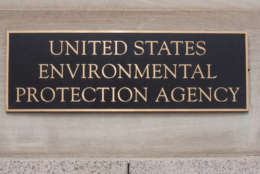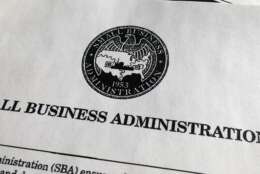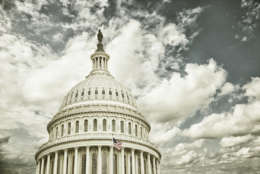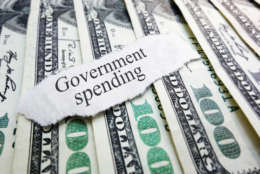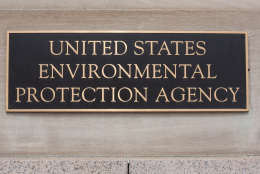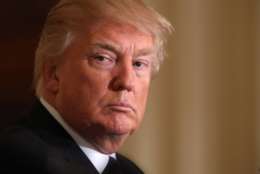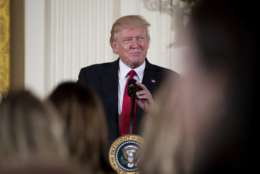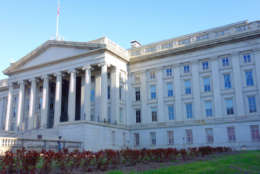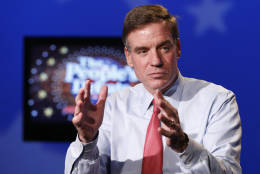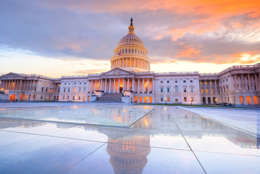Tracking the Transition
-
The Environmental Protection Agency is proposing to cut about 8 percent of its workforce through a VERA/VSIP program by Sept. 2.
June 20, 2017 -
The Small Business Administration is scrutinizing every FTE recruitment request, to ensure maximum employee performance and use of resources.
June 20, 2017 -
President Donald Trump unveiled details about his plan to privatize air traffic control. Instead of the FAA handling all aspects of general aviation, a non-profit entity would handle shift service and "route efficiency," and leave safety to the federal government.
June 05, 2017 -
By June, new appointees should be arriving in large numbers, but the Trump administration isn't following the traditional path. Federal HR expert Jeff Neal asks, what can a federal employee do to survive and thrive in this slo-mo presidential transition?
May 31, 2017 -
The Trump administration’s first 100 days concludes with several policy initiatives and agreeing to a budget plan to avoid a government shutdown.
April 27, 2017 -
President Trump issued an executive order for federal agencies to review their policies and procedures for buying American. He suspect loopholes in buy-American laws are too often used when the government buys. Agencies are to forward their legal and procedural reviews to Commerce Secretary Wilber Ross, who will in turn deliver a draft set of recommendations by the end of the year.
April 20, 2017 -
The EPA said it will continue an external hiring freeze as part of its efforts to meet the White House's government reorganization directive.
April 19, 2017 -
The Trump administration's government reorganization directly impacts federal agencies, but Congress will have its work cut out as lawmakers balance their own jurisdictional priorities with policy and personnel changes.
April 18, 2017 -
The Trump administration, as it promised, ended the 90-day hiring freeze. Simultaneously it launched an ambitious plan to re-do the executive branch bureaucracy top to bottom.
April 13, 2017 -
The Government Accountability Office is investigating whether President Donald Trump's transition team followed ethical guidelines, including a review if communications with foreign leaders and use of public money.
April 13, 2017 -
Federal News Radio wants to hear from the federal workforce about the lift of the federal hiring freeze, and agencies' short- and long-term plans for government reorganization. Take our short, anonymous survey and tell us what you think.
April 12, 2017 -
Foreign affairs imposed on the Trump administration. Treasury moved to sanction North Koreans believed to have military ties. Trump said the U.S. would take unilateral action in response to Pyonyang threats.
April 06, 2017 -
One of the original backers of the spending data standardization law, Warner wants to ensure agencies are still complying with the transparency law.
March 31, 2017 -
Heading toward April, the Trump administration was operating on several fronts, following the withdrawal of Republican-led legislation revising health care law.
March 30, 2017 -
Although President Donald Trump's skinny budget failed to mention a pay raise for federal employees, a 1.9 percent pay hike may be in the works.
March 23, 2017

